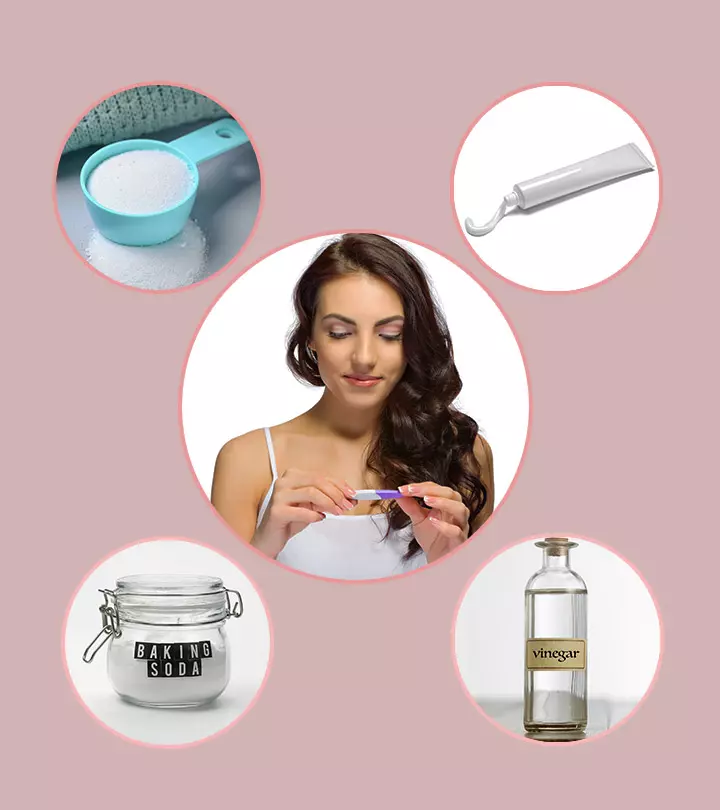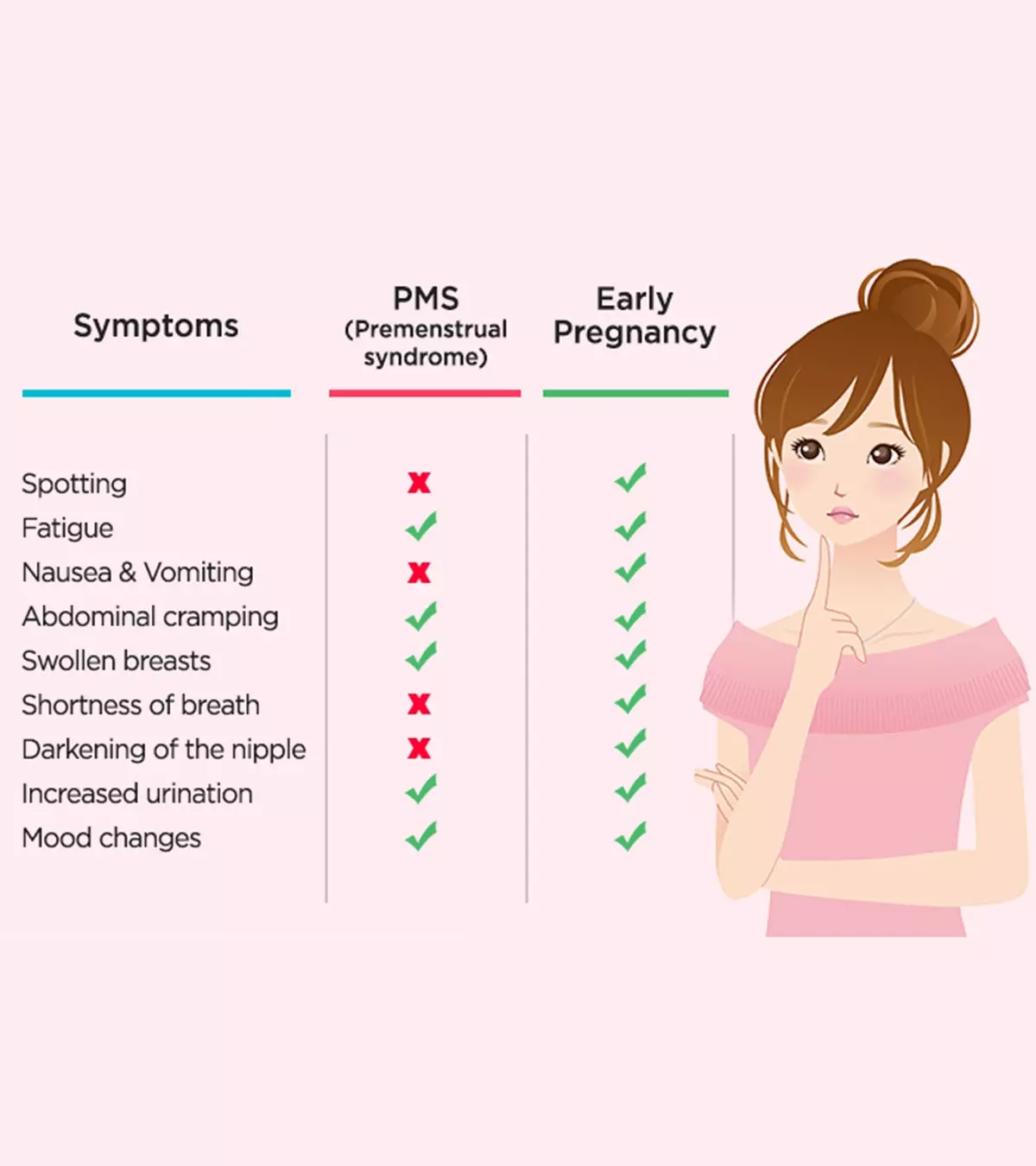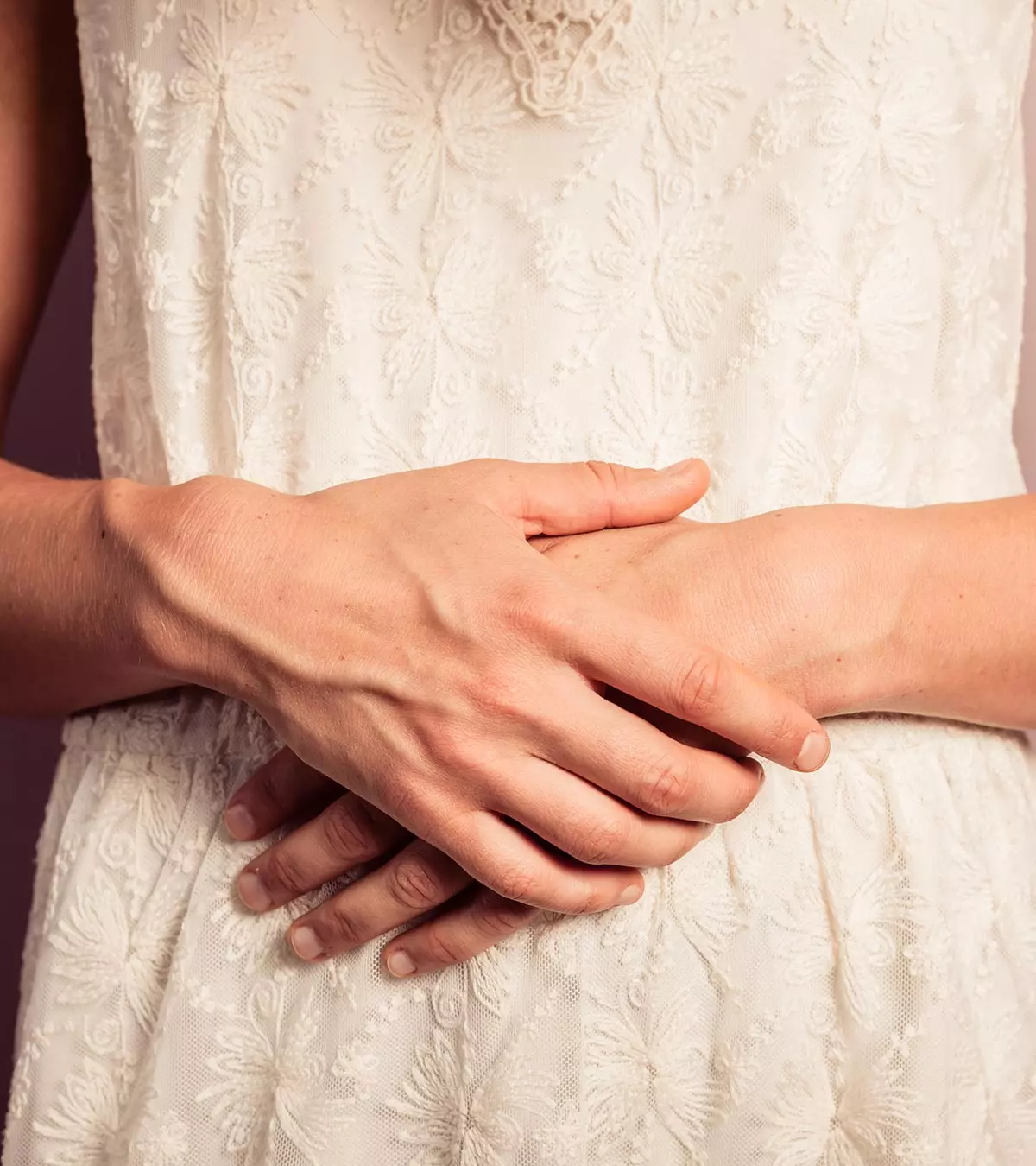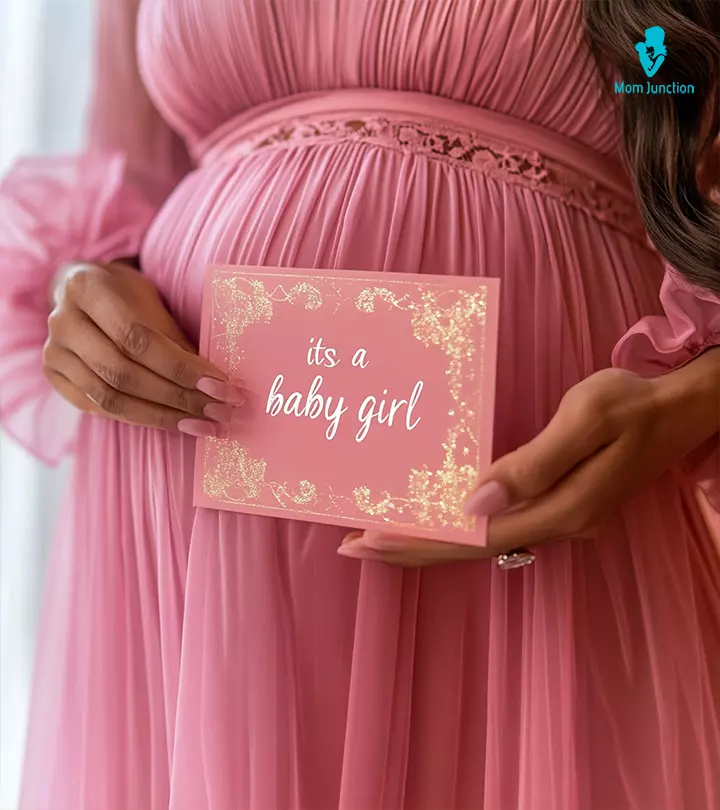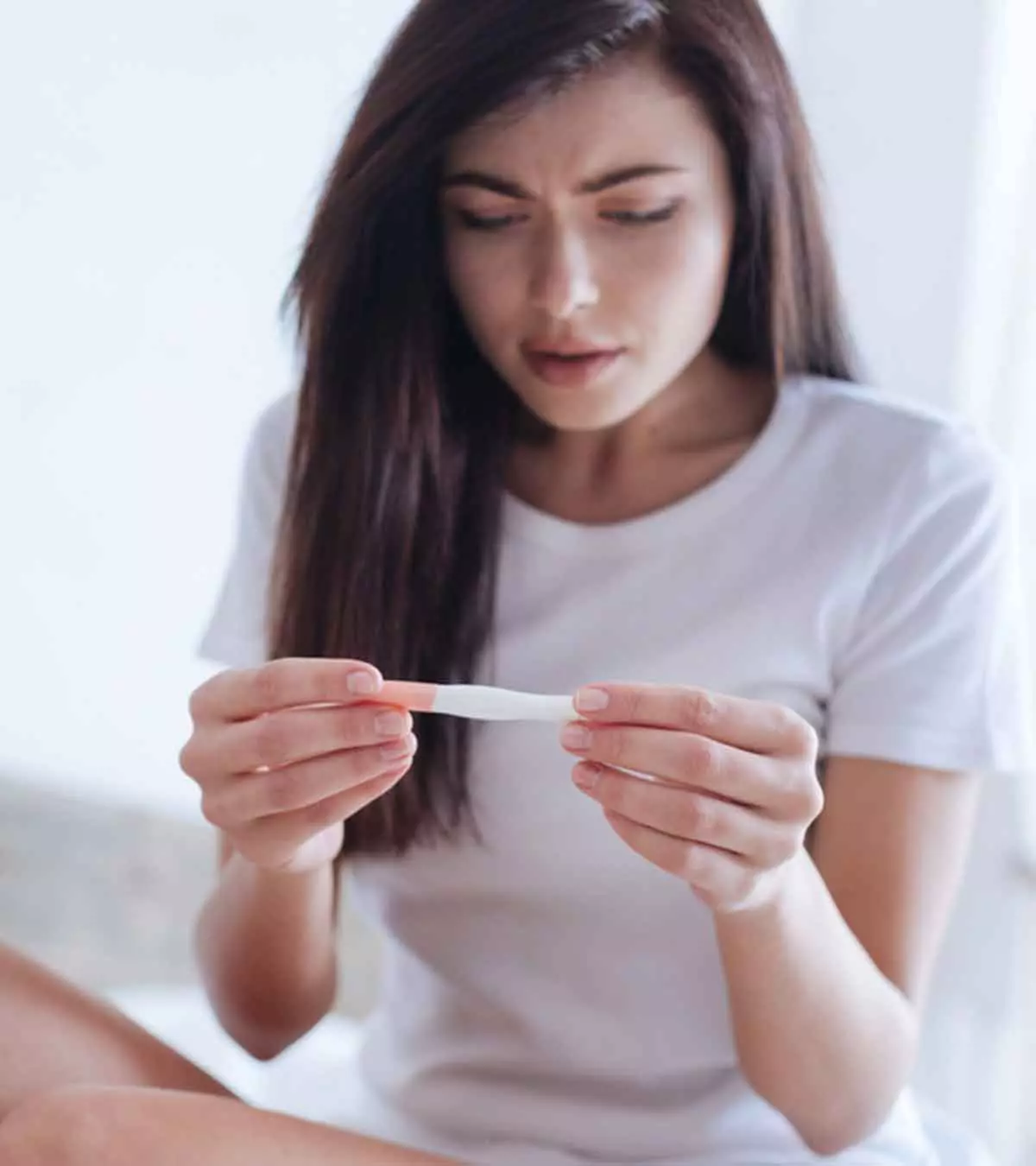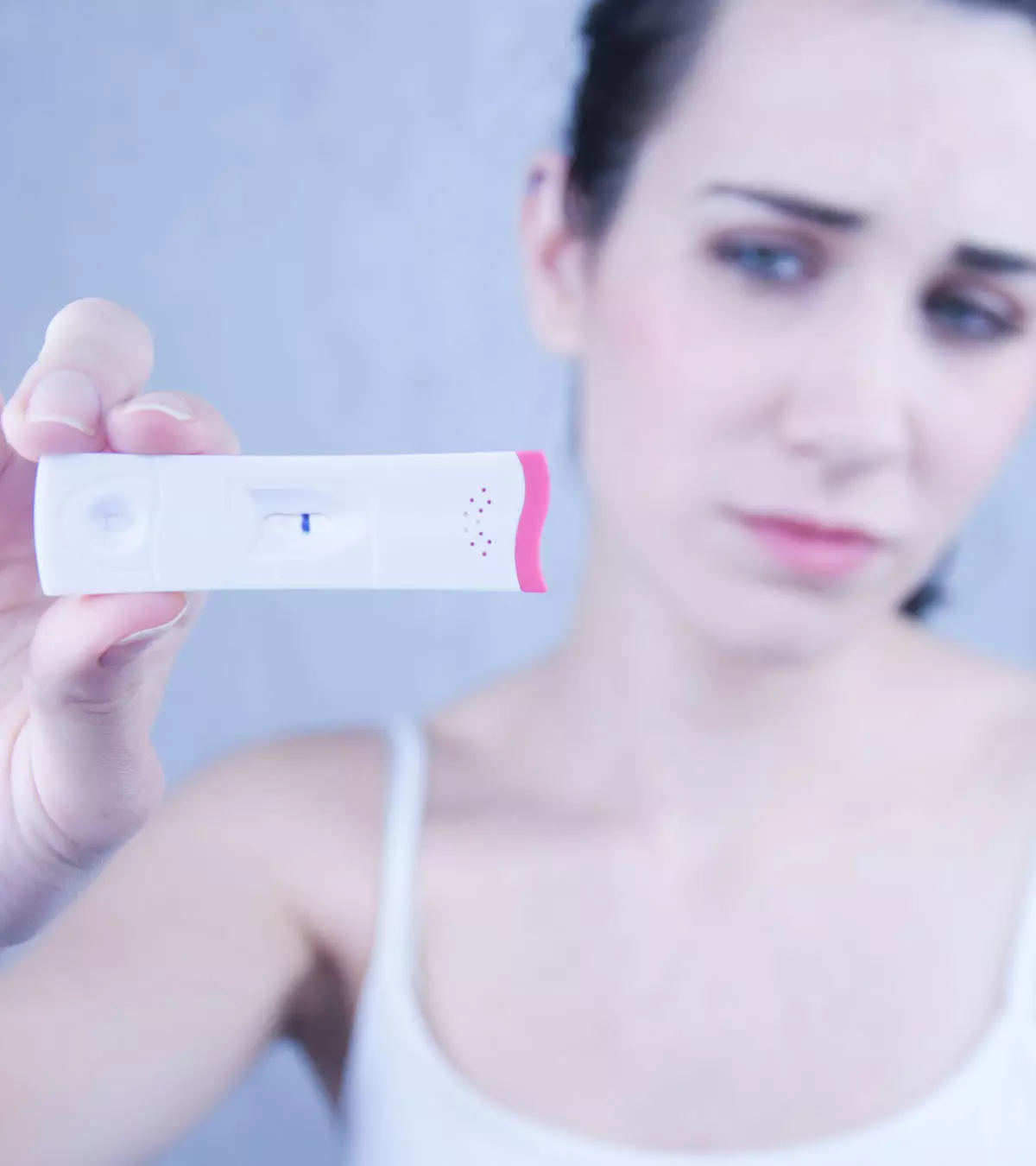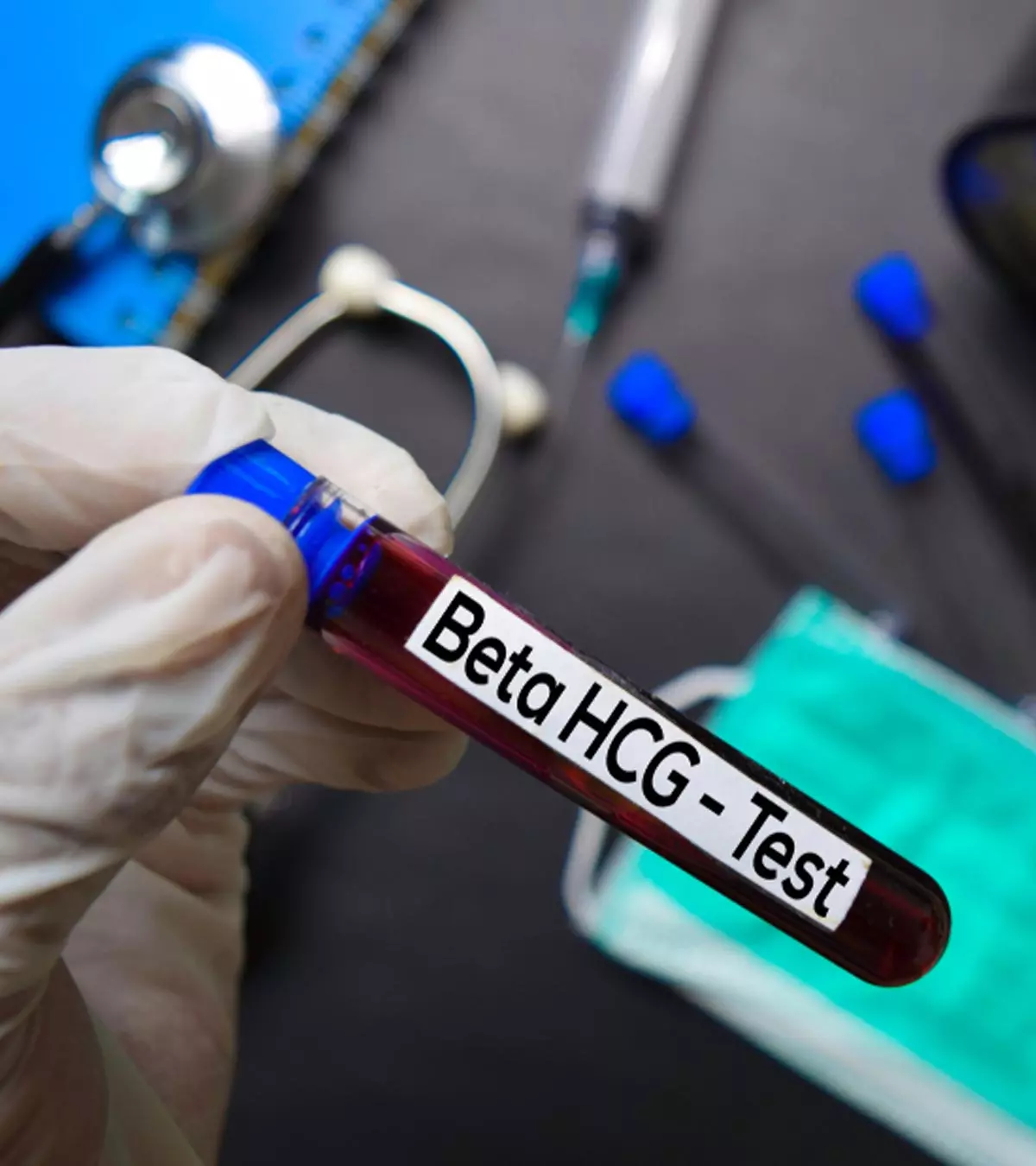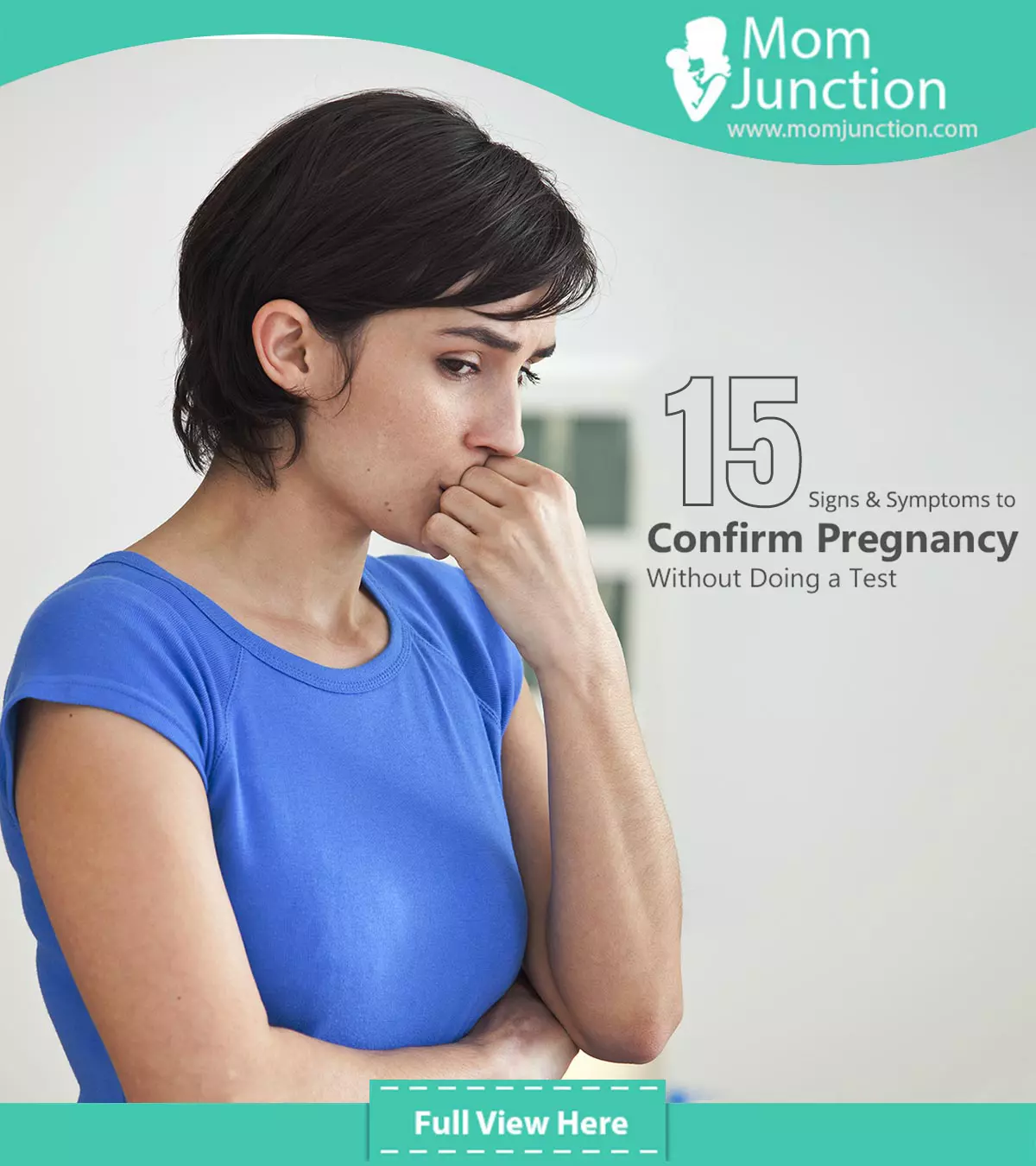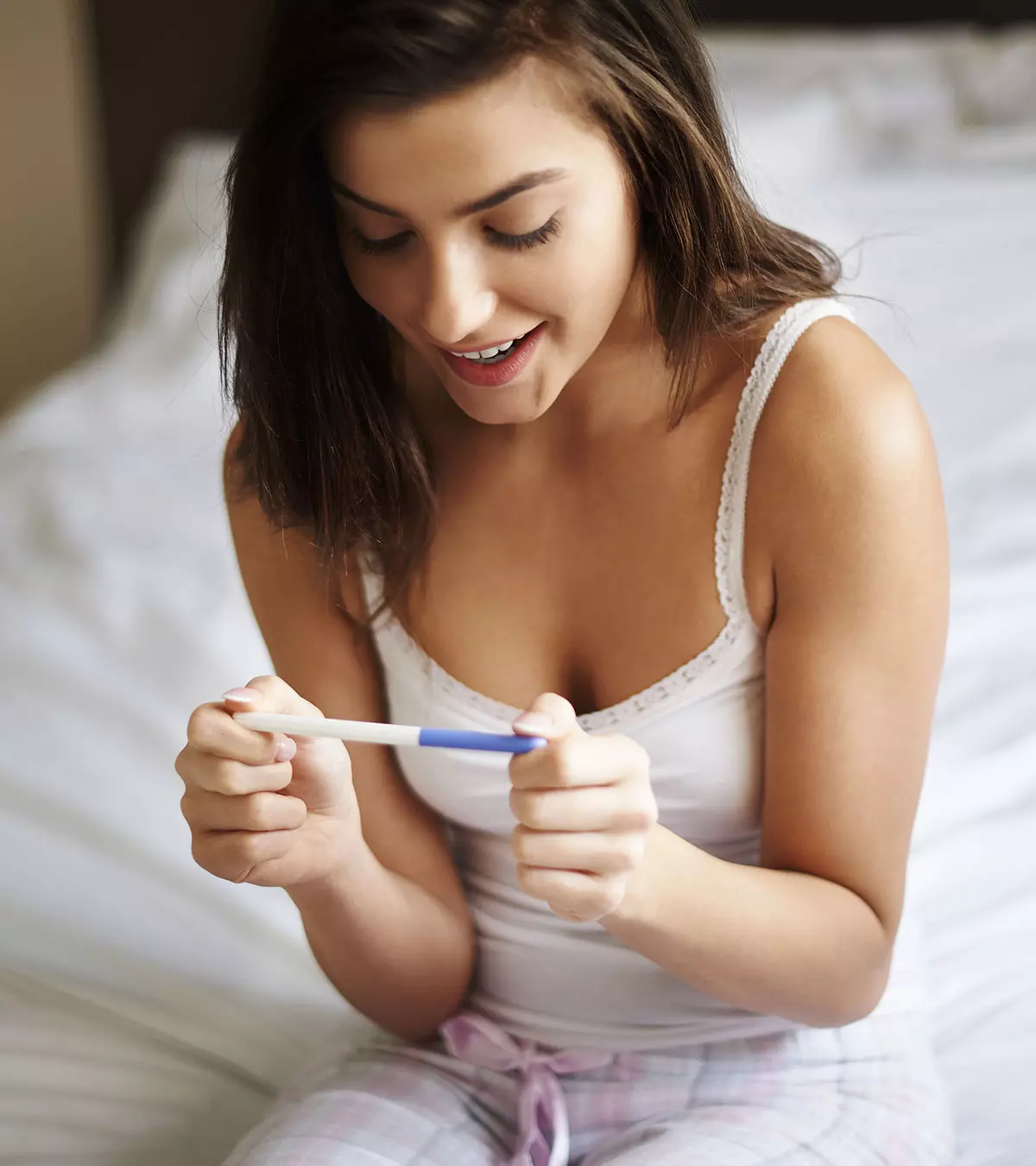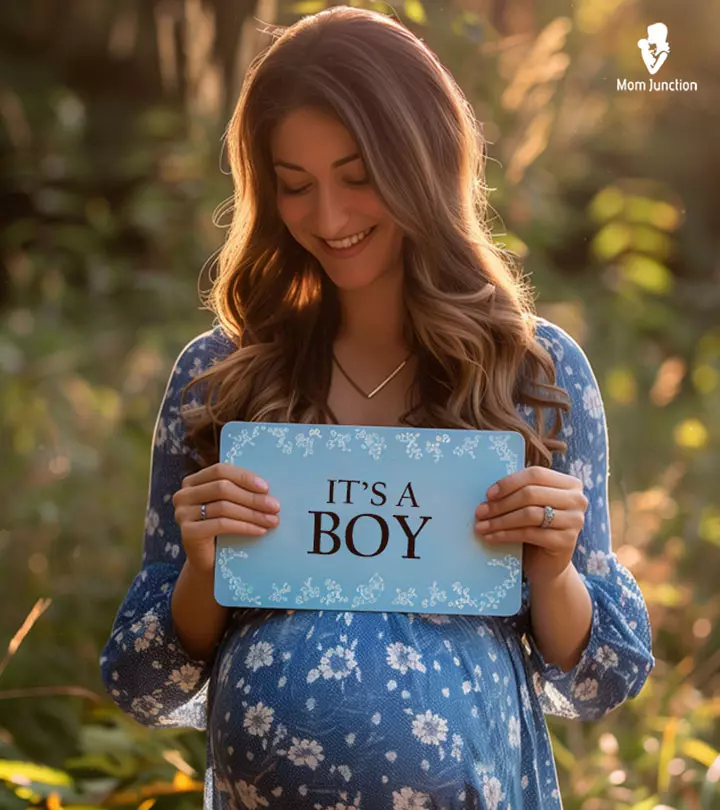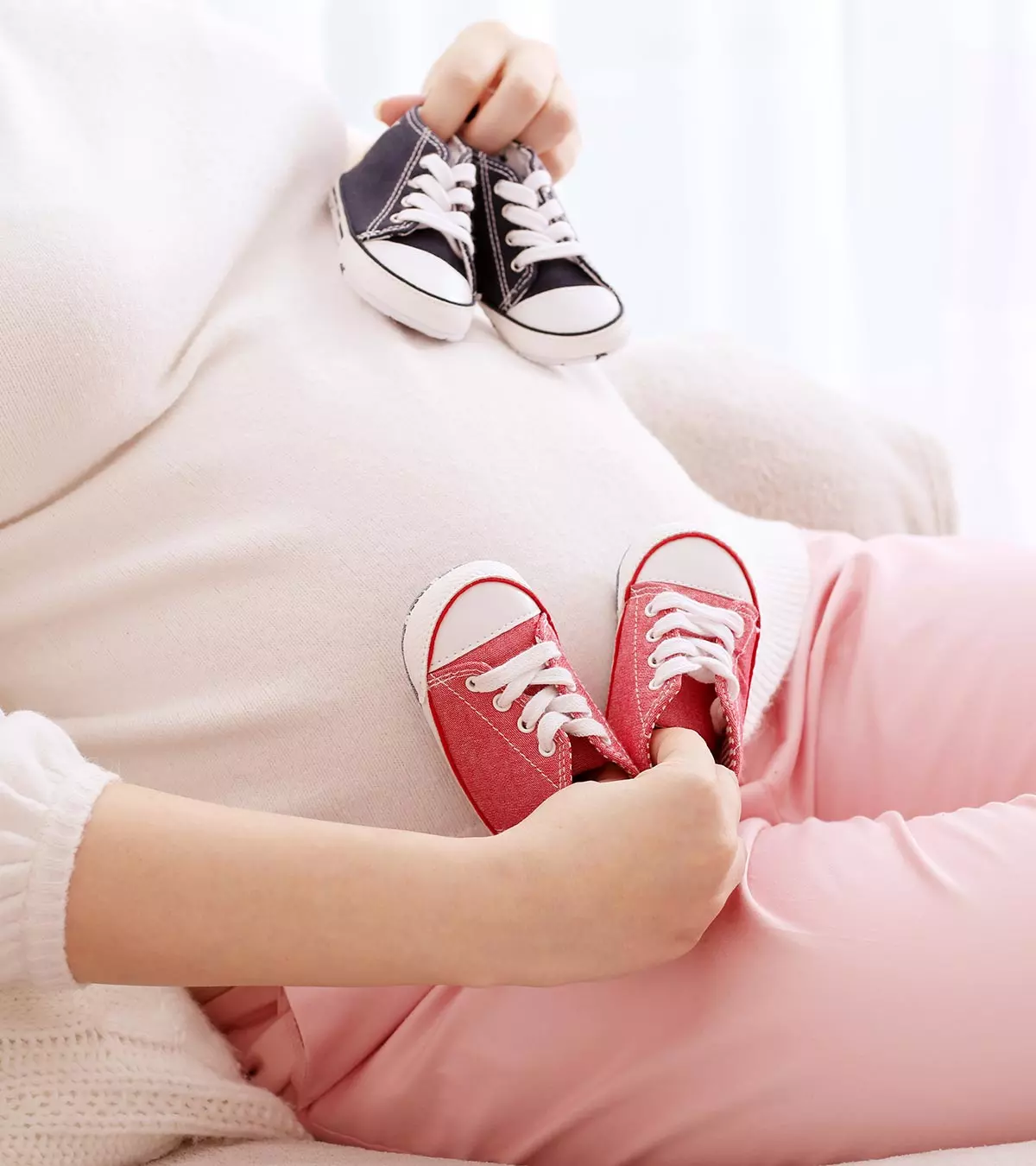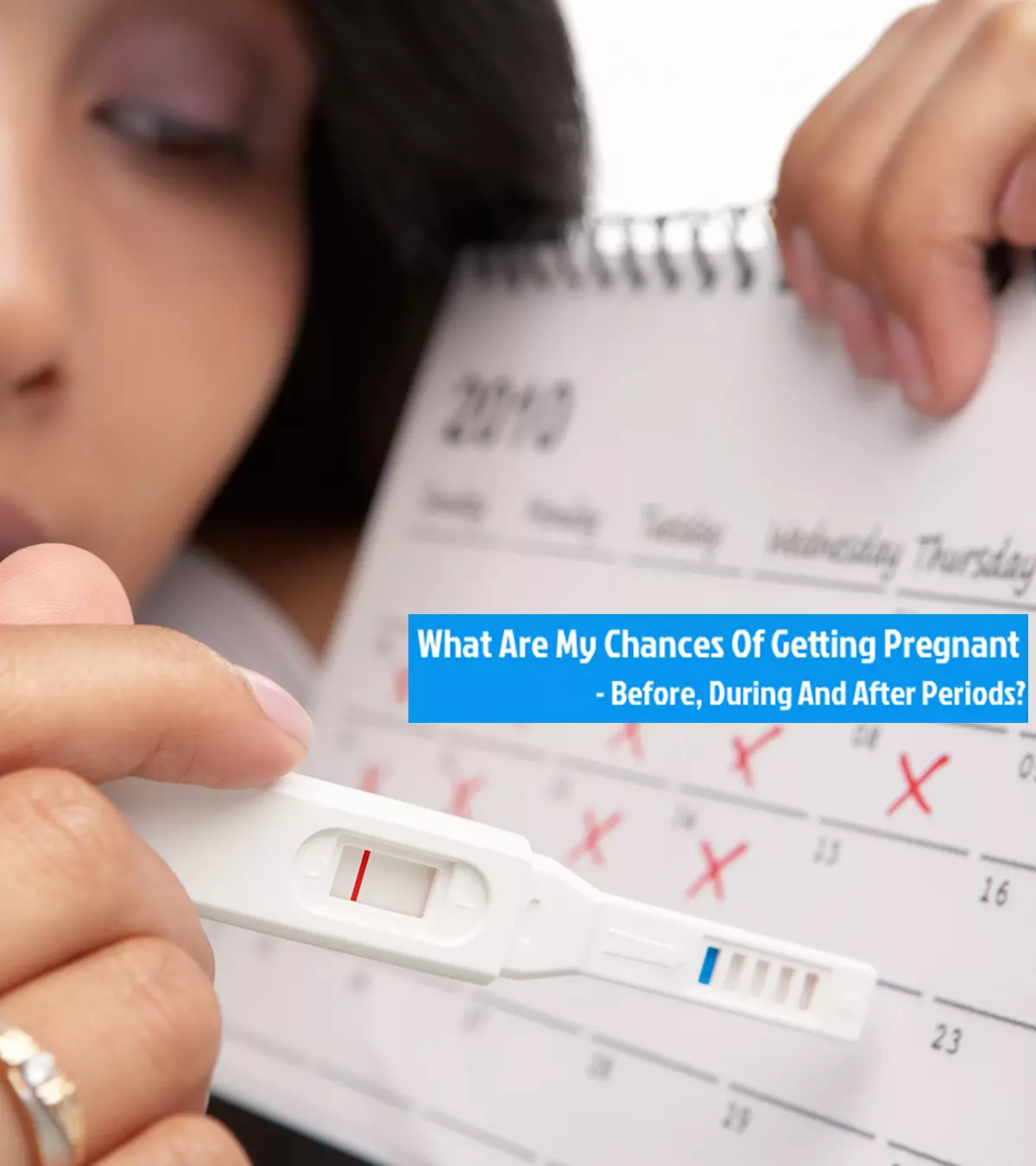
Image: ShutterStock
According to studies, you are the most fertile about 12 to 14 days before your next menstrual cycle. But can you get pregnant on your period? This post will give you more information in this context. The period is when the uterine lining sheds itself due to the absence of an embryo to nurture. The ovulation period is your most fertile period of the month, which comes right before your menstrual cycle.

But what are the chances of getting pregnant during or after you get your periods? This question mainly arises because the time after your period is considered to be comparatively less fertile. So read on to learn more about the chances of getting pregnant after your cycle.
Key Pointers
- Ovulation typically occurs around 14 days before the start of the next menstrual cycle in a standard 28-day cycle.
- While it is unlikely, it is not impossible to become pregnant during the menstrual period phase of the cycle.
- If ovulation occurs early and the menstrual cycle is short, there is an increased chance of conception towards the end of the period.
- Unprotected intercourse during ovulation spotting, which may be mistaken for bleeding, can lead to pregnancy.
- The time just before the start of the next regular menstrual cycle is the safest time to avoid pregnancy.
- Since the end of the menstrual cycle marks the start of fertility, it is possible to conceive after this time.
Can You Get Pregnant During Your Period?

Generally, the period phase of the menstrual cycle is less fertile, and you have negligible chances of getting pregnant. But the chances cannot be ruled out completely. Let’s see why:
As mentioned above, ovulation occurs around 14 days before the next period. Therefore, in a typical 28-day cycle, ovulation starts around the 14th day, and in a 32-day cycle it is likely to happen on the 18th day. During the process of ovulation, the egg is released into the fallopian tube and remains there for 12 hours.
- In the case of a shorter menstrual cycle i.e. 21 to 23 days, the ovulation starts much earlier (can be predicted using an ovulation calculator), which means that the time gap between menstruation and ovulation is less. Since the sperms can live for 48-72 hours inside the reproductive tract under favorable conditions, if you have sex during your period, there are chances of you getting pregnant following your early ovulation as the sperm is still there in your body (1).
- If your period lasts for a long time beyond four days, and your cycle is short, then you might ovulate soon after your period. Therefore, if you have sex during the end of your period, there is a chance of you getting pregnant.
- Sometimes, you might mistake ovulation bleeding or spotting as menstrual bleeding and have unprotected sex soon after that. Having sex under these circumstances is likely to make you pregnant. It becomes difficult to know the right time of ovulation, especially when your periods are irregular (2).
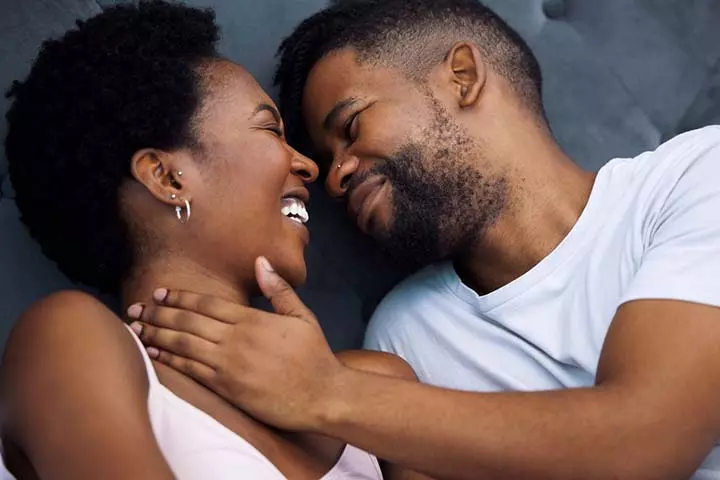
In short, if you do not want to get pregnant, then have protected sex even when you are bleeding. You may use condoms or birth pills. And if you want to get pregnant, period is not the right time to try.
 Things to know
Things to knowCan You Get Pregnant After Your Period?
Yes, there is a possibility.
The phase after the menstrual cycle is when you move into fertility.
For a menstrual cycle of 28-30 days, the ovulation starts somewhere between 14th and 17th day. Although the chances of getting pregnant immediately after your period are minimal, it is not impossible.
Let us understand this with an example. If you have a 28-day cycle, the fertility window will be open from days 9 to 14. As we have mentioned earlier, the sperm can live for up to six days in the reproductive tract.
Now, let’s assume that your period gets over by the sixth day and you have intercourse in the next five days. The sperm might stay in the fallopian tube for the next six days; and if you ovulate on the 14th day, the egg can get fertilized and you might become pregnant. This indicates that you can still get pregnant just after your periods.
However, if your period stops early (say, after three days), there is a long time for ovulation to happen, and thus you may not have any chances of getting pregnant.
In the case of shorter cycles (24 days), ovulation will happen around the 10th day. So, if your menstrual flow stops after five days and you have sex on the last day of bleeding, you may get pregnant.
For longer cycles (32 days), you might ovulate on the 18th day. In this case, if your bleeding stops after five days, then you have a safe window as there is time for ovulation to begin.
Note: If you are planning to get pregnant, this is still not the right time, though you may try for it. But if you want to avoid pregnancy, then use contraceptives.
Can You Get Pregnant Before Your Period?
You are least likely to become pregnant during this time.
We know that for women whose menstrual cycle is 28 to 30 days, the ovulation window ranges from the 14th to 17th day. The period after this is the post-ovulation stage, which lowers the chances of pregnancy. Therefore, having sex right before the onset of the next cycle is a safe period to avoid pregnancy.
However, if your ovulation gets delayed due to health issues or stress, and moves to the end of the cycle, then you are likely to get pregnant before your period. The tricky thing here is it is difficult to know if your ovulation is getting delayed.
Unless you have a regular menstrual cycle, it isn’t easy to know about your fertile and non-fertile days in a month. Adding to the confusion are innumerable misconceptions that have been passed on to us over years.
Common Misconceptions About Getting Pregnant During Period
Here, let’s know about some myths about getting pregnant during periods:
1. You don’t get pregnant during periods.
The chances of getting pregnant are remote but we cannot completely rule out the possibility. As you have read above, there is a possibility of getting pregnant if ovulation happens near to your period.Therefore, to prevent pregnancy, it is advisable to utilize birth control and contraception methods.
2. Periods won’t influence your chance of getting pregnant.
If you get fewer menstrual cycles in a year, then your chances of conception are reduced, as the ovulation process also takes a beating. Moreover, irregular cycles make it difficult to predict your ovulation time, and so you wouldn’t know your fertile days in a cycle.
3. Wait until the ovulation occurs to indulge in sex.

Usually, the safe window for fertilization is four days before the ovulation time. The chances of conception increase if you have unprotected sex for pregnancy during this period. If you wait till ovulation, you might miss the fertility window.
Say, you had sexual intercourse during your period and got pregnant, how would you know that you are pregnant?
Common Signs Of A Successful Fertilization
Here are the common signs and symptoms that you may experience after conception (3, 4):
- You may notice light spotting or implantation spotting around 6 to 12 days after fertilization which may look similar to the menstrual blood.

- The breasts may feel heavier, fuller, or swollen and tender to touch. The areola (the area around the nipples) may also darken.
- Hormonal changes, particularly in progesterone levels, cause extreme tiredness.
- The most prominent sign of pregnancy is missing your periods.
- You tend to urinate more frequently than before.
- You may feel nauseated.
- You develop a craving for various foods that include the ones you never liked before.

- Be prepared for mood swings.
 Quick fact
Quick factAlthough these signs indicate a pregnancy, you can confirm it only through a home pregnancy test.
Periods, ovulation and chances of getting pregnant are no doubt a little confusing, especially due to the various myths associated with them. In the below Q&A section, we make them easier to understand.
Frequently Asked Questions
1. Can I get periods without ovulation?
A period without ovulation is unlikely. But, it may happen in the case of ‘anovulatory cycles’. These cycles are irregular as they are too long or short, and do not have an ovulation period. They do not produce progesterone, and estrogen is unable to support the endometrial structure, which leads to bleeding. This bleeding is mistaken as a normal menstrual cycle.
Generally, the anovulatory cycle affects women who are in their teenage and those approaching menopause.
2. Can I ovulate without having periods?
Yes, in some cases a woman can ovulate without having periods or by having light periods. This happens if the woman has had a uterine scarring. A C-section, any reproductive disease or a D&C procedure causes the scarring of the uterus, thus restricting the normal thickening of the uterus lining, which typically happens after the process of ovulation. In such cases, you may ovulate but not have a period.
3. How can I get pregnant?
If you are planning a pregnancy, it is important to know about your reproductive health and the right time to indulge in sex.
- Stop using contraceptives throughout the month.
- Track your ovulation period, and have intercourse during the five most fertile days of your menstrual cycle.
- Use lubricants to moisten your vagina while having sex. It ensures deep penetration, thus increasing your chances of pregnancy. However, pick the right lubricant because an acidic product can kill the sperms, and a thick consistency lubricant can affect the mobility of the sperm.
4. Can you get pregnant on the first day of your period?
Although the chances are low, getting pregnant on the first day of your period is possible. The chances may be higher for those with a shorter menstrual cycle or menstrual irregularities. During a menstrual cycle, a woman is most fertile around ovulation time, around day 14 of a 28-day cycle. But since the sperm can survive in the female reproductive tract for up to six days, having unprotected sex during this time may result in pregnancy.
Around 12 to 14 days before the next menstrual cycle (ovulation period) is considered the most fertile period and the best time to get pregnant. However, if you ovulate early, you can also get pregnant during and soon after your periods. Conception a few days before your period is also possible, though highly unlikely. Thus, if you plan to start a family, having unprotected sexual activity during ovulation offers the highest success chances. However, using contraceptives throughout the menstrual cycle is advisable to avoid pregnancy.
Infographic: Why Some Women Become Pregnant On Periods While Others May Not?
Pregnancy occurs anytime when a viable ovum fuses with viable sperm. Changes in cycle and ovulation day could change a woman’s fertile window. Read through the infographic to know the reasons for conceiving on periods. Illustration: Momjunction Design Team
Illustration: Can You Get Pregnant On Your Period? And Common Misconceptions

Image: Stable Diffusion/MomJunction Design Team
Are you wondering if you can get pregnant while on your period? Join us for an in-depth discussion on the topic in this informative video and get the answers you need!
References
- How Your Fertility Works.
http://nfpta.org.uk/pdfs/How-Your-Fertility-Works.pdf - Can a Girl Get Pregnant if She Has Sex During Her Period?
https://kidshealth.org/en/teens/sex-during-period.html - Pregnancy: Am I Pregnant?
https://my.clevelandclinic.org/health/articles/9709-pregnancy-am-i-pregnant - Am I Pregnant? Signs Of Pregnancy.
https://www.duedatecalculator.org/pregnancy-symptoms/ - Ovulation.
https://my.clevelandclinic.org/health/articles/23439-ovulation - Am I Pregnant?
https://my.clevelandclinic.org/health/articles/9709-pregnancy-am-i-pregnant
Community Experiences
Join the conversation and become a part of our nurturing community! Share your stories, experiences, and insights to connect with fellow parents.
Read full bio of Michael Fleischer
Read full bio of Sakshi Mishra
Read full bio of Rebecca Malachi
Read full bio of Aneesha Amonz





